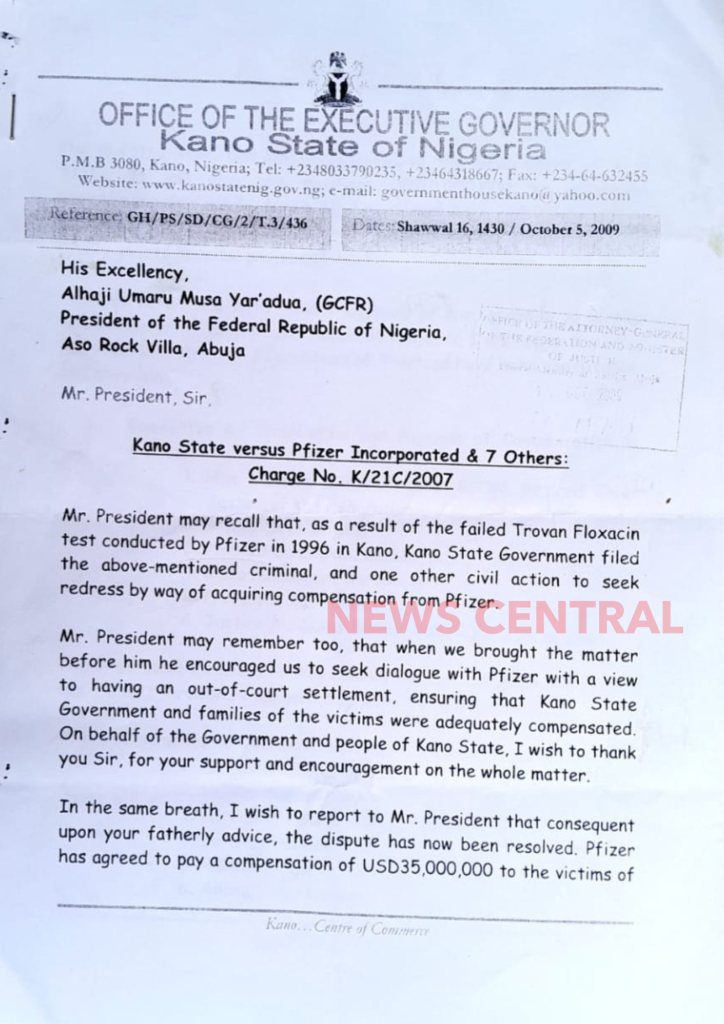In 1996, Nigeria was struck by a devastating meningitis epidemic, recording over 100,000 cases and nearly 12,000 deaths. In the face of this public health crisis, the American pharmaceutical giant Pfizer saw an opportunity to test a new antibiotic, Trovan, which had not yet been approved for use in children. Pfizer conducted a two-week trial in Kano, involving 200 children, which resulted in 11 deaths and numerous severe health complications among the participants, including paralysis and liver failure.
The trial resulted in widespread outrage after a 2000 Washington Post exposé accused Pfizer of conducting the study without proper consent from the children’s parents, who believed their children were receiving standard treatments provided by neighbouring Doctors Without Borders. The incident incited protests led by Muslim religious leaders in northern Nigeria, exacerbating tensions and fostering distrust towards Western medical practices.

Following a Nigerian government-led investigation, Pfizer was found responsible for ethical violations and the resultant health issues among the trial participants. The company faced multiple lawsuits from parents and the Kano state government, culminating in a 2009 out-of-court settlement. Although Pfizer denied wrongdoing, claiming the fatalities were due to meningitis, not their drug, the company agreed to a significant compensation package.
The confidential settlement, not disclosed publicly until now, involves Pfizer paying $75 million to the Kano state government. Additionally, four families who lost children received $175,000 each. This settlement aimed to address the damages and prevent further litigation, marking one of the most significant compensations in a pharmaceutical trial case in Africa.

The disclosure of these settlement details sheds new light on the case, highlighting the complexities of conducting medical trials in crisis situations and the ethical responsibilities of pharmaceutical companies.

The Kano drug trials serve as a stark reminder of the potential for corporate greed to overshadow basic human rights. While the truth behind the Pfizer settlement is now revealed, the scars left on families and the erosion of trust in the medical community linger. This case highlights the ongoing need for vigilance in holding pharmaceutical companies accountable and demanding ethical practices that prioritise patient safety above all else.


